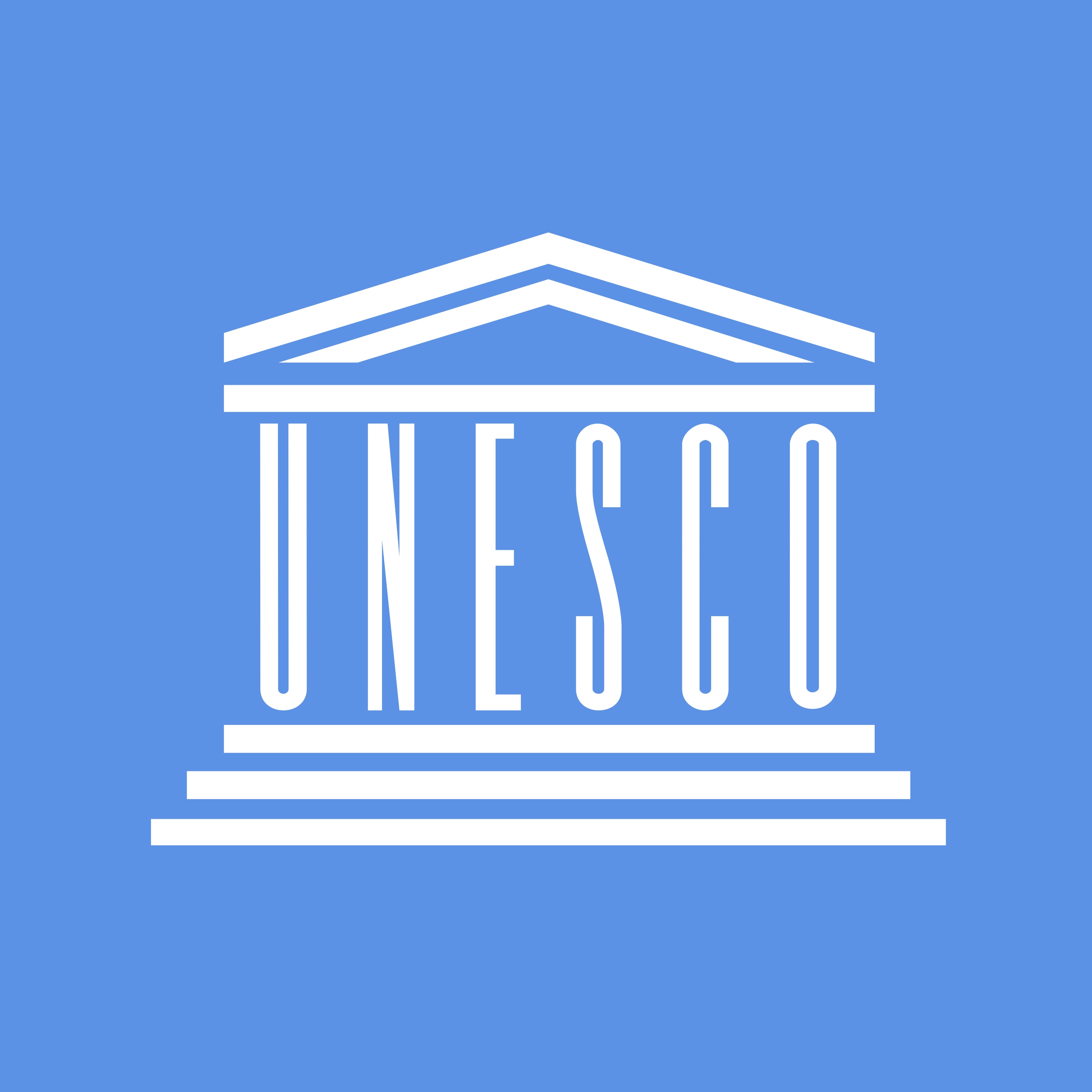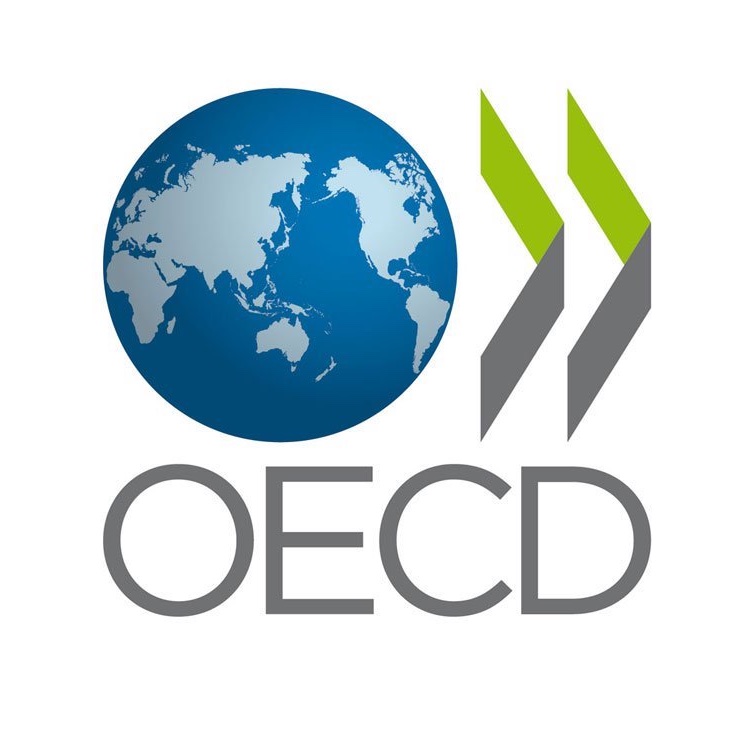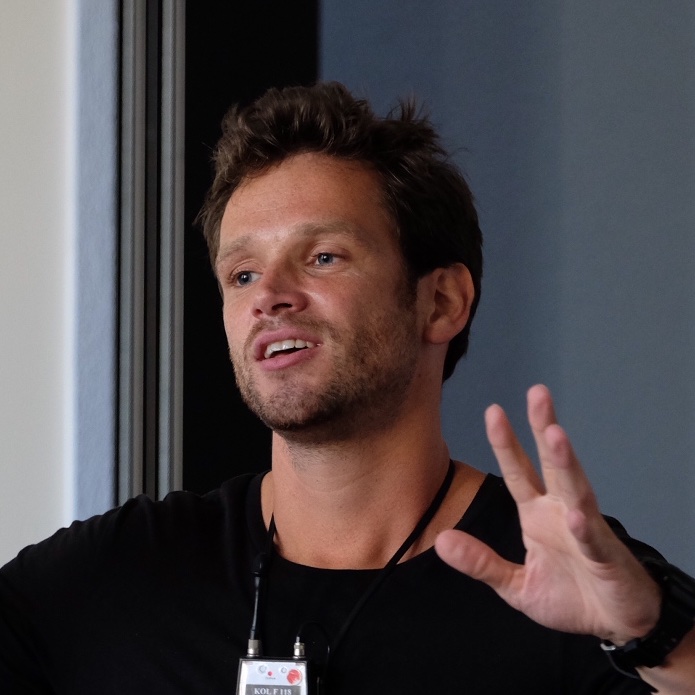Pedagogy-Driven AI
Ordinary educational AI is driven by data, not pedagogy. Our AI is built on proven pedagogical principles.
Adaptive Algorithms
Adaptive algorithms enable personalized learning. Our state-of-the-art algorithms are tried-and-tested.
Advanced Analytics
Teachers need to spend their time on teaching. Our technology supports teachers with insightful and actionable learner analytics.
Causal Evaluations
What works for whom in education? Our causal evaluations are built to scale and respect individual differences.
Game Development
Modularity is key in educational games. Our modules, including item banks and scoring rules, are at the core of games played every day.
Theory Formation
Educational AI must be underpinned by educational theory. Our theory describes the role of education in the cognitive development of learners.
Portfolio
Scientific rigor, serious impact.
Today’s educational challenges require a strong technology foundation.
EdAptiv combines deep scientific expertise with educational partnerships to design and build tomorrow’s technology foundation. EdAptiv is an alliance of leading researchers in pedagogy-driven AI, adaptive learning algorithms, advanced learning analytics, massive causal evaluation, and formal education theory. EdAptiv develops cutting-edge educational technology and collaborates on research with both academic and educational partners.
Educational technology must respect individual variability in learning and development.
Children learn and develop in uniquely different ways. Different environments and experiences, and their interactions, result in massive developmental variability. Cognitive abilities emerge from this complex developmental system. Educational technology can and must embrace this variability by optimally supporting children in their individual development. EdAptiv develops educational technology that respects individual variability by design.
Educational AI needs to be informed and driven by pedagogy.
Far too often, educational AI ignores proven pedagogical principles. This is a huge missed opportunity and a disdain for the many important findings from substantive educational research. Educational AI must not only advance the pedagogical principles that are already effectively used in educational practice, but also enable those principles that are difficult to satisfy under everyday conditions. EdAptiv develops educational AI that respects pedagogical principles.
Urgency

UNESCO
“Every learner learns differently, and is influenced by a complex combination of internal factors (biological including neurobiological) and context (political, social, cultural, institutional, environmental, technological, etc.). Therefore, receiving a personalized learning experience is an entitlement and a human right for every learner.”

UNICEF
“We urgently need to reimagine education. A modern education should build and accredit basic skills – reading, writing and math – as well as skills in problem-solving, creativity, critical thinking that young people need for work, to start a business and to engage productively in their communities.
The availability and potential of technology means that digital learning should be part of a basic basket of essential services for every child and young person.
This means connecting every child and young person – some 3.5 billion by 2030 – to world-class digital solutions that offer personalized learning to leapfrog to a brighter future.”

OECD
“Future-ready students need to exercise agency, in their own education and throughout life. Agency implies a sense of responsibility to participate in the world and, in so doing, to influence people, events and circumstances for the better. Agency requires the ability to frame a guiding purpose and identify actions to achieve a goal.
Two factors, in particular, help learners enable agency. The first is a personalised learning environment that supports and motivates each student to nurture his or her passions, make connections between different learning experiences and opportunities, and design their own learning projects and processes in collaboration with others.”

Founder / Director / Principal Investigator
University of Amsterdam, the Netherlands

Founder / Director / Principal Investigator
University of Amsterdam, the Netherlands

Principal Investigator
Tilburg University, the Netherlands

Principal Investigator
Utrecht University, the Netherlands

Principal Investigator
University of Amsterdam, the Netherlands

Principal Investigator
University of Amsterdam, the Netherlands

Principal Investigator
University of Amsterdam, the Netherlands

Advisory Board
University of Amsterdam, the Netherlands

Advisory Board
VU Amsterdam, the Netherlands

Advisory Board
University of Amsterdam, the Netherlands

PhD Student
University of Amsterdam, the Netherlands

PhD Student
VU Amsterdam, the Netherlands

Research Fellow
Radboud University, the Netherlands

Research Fellow
Karlsruhe Institute of Technology, Germany
Work With Us